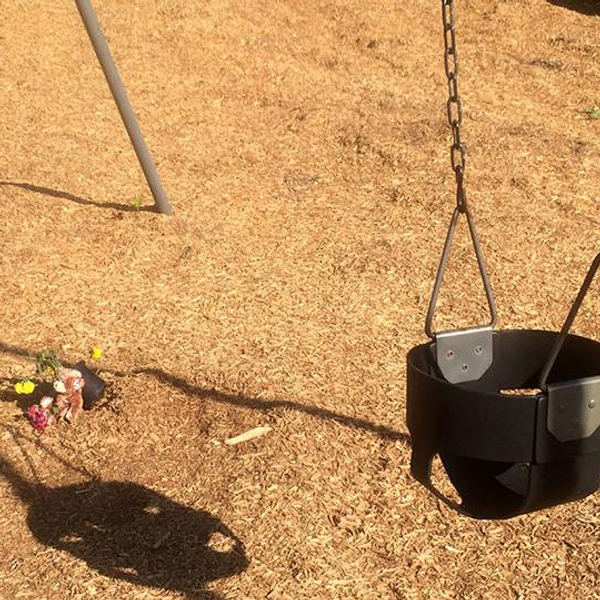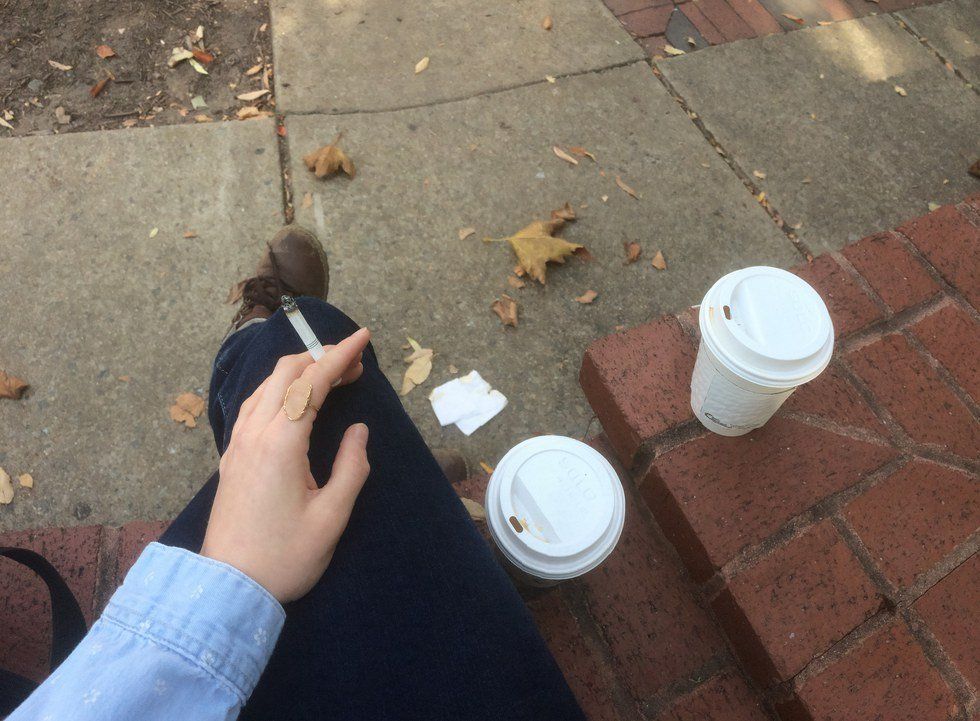Losing a parent affects children in both indiscribily difficult and cognitively impossible ways to avoid the resulting trauma. In the absence of a motherly figure during my adolescence, I found myself void of confidence and reassurance. I felt betrayed, fragile, and unloved. The tender period of my teenage years were thwarted with resentment and suppression. I began searching for acceptance in outlets that left me void of prosperity. I left any relationship that contained elements of love and assurance, so terrified of being abandoned I immersed myself in solitude. If I could go back in time, I’d apologize to the friends I ran from when I should have been running to them.
It’s impossible to avoid the pain caused by a parent walking out. I felt singled out by my peers, teachers, and family. I was living in the ashes of a broken family, watching the sympathetic glances from friends, a soft pat on the back from teachers, always hearing, “I’m here if you need me”. I chose to avoid these offers, told myself I was fine, life goes on. I refused to wallow in agony and despair, I refused to feel hopeless, but ultimately my suppression failed me. Fortunately, I was able to distract myself with positive influences. I worked multiple jobs and studied ferociously, determined to never see myself the way my mother did.
I felt a deep sense of guilt, for not being the daughter she wanted. It seemed I could never be enough, my decisions wrong, value demeaned, personality sub-par. I saw myself as an ugly, unwanted, young woman of little worth. Perhaps these words were never directly said by her, but I held them closely. I felt distraught when my female friends spoke of their relationships with their mothers. I felt the void grow larger and larger. I didn’t have someone to help pick out my prom dress or reaffirm my worth when I became broken hearted. Despite the encouragement and sympathy, I received, the hurt remained.
It’s taken me years to come to terms with my mother’s absence and how it’s shaped my identity. I realized we mirror the behaviors of those that have affected us. I became unconsciously disconnected within my relationships and quick to drop them at a moment’s notice. In the loss of my mother, I truly became her daughter. It’s been an ongoing struggle to separate the coping mechanisms I survived through with the person I actually am. There are two ways we can accept parental abandonment, by mirroring that behavior and fleeing from difficulties and interpersonal relationships or challenging yourself to act differently than you were raised.
I hold no anger or guilt towards my mother any longer, some relationships are temporary and blood ties can be dissolved. Not all love is unconditional, and forgiveness is a tool we utilize to make peace within ourselves. If anything I became a more empathetic person through the disappearance of my parental figure. My attempts to resolve her absence, never were enough to her. But that taught me something invaluable, that some battles we were meant to lose.
In the grand scheme of things, it’s made me patient, trusting, un-judgmental and forgiving. All the traits I never received but always wanted. It took me a long time to realize I would never be the daughter she wanted. It hurt me more to fight for something I had already lost than it would have to just accept defeat. In surrendering my attempts to gain her approval, I gained something far greater, my own.




















